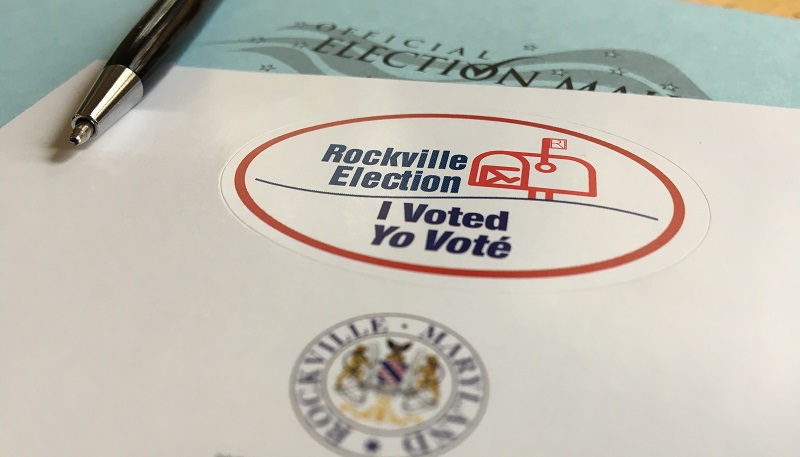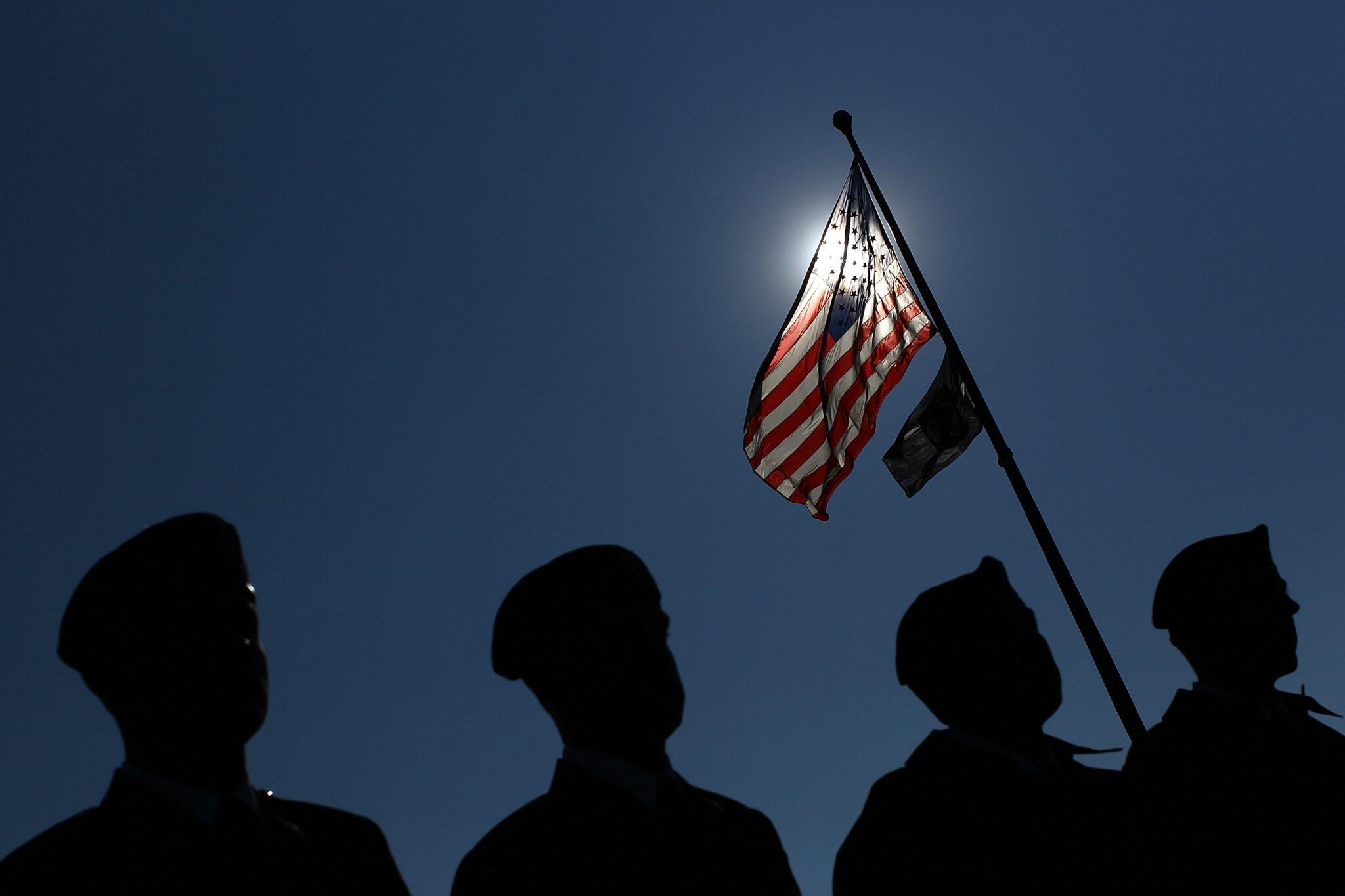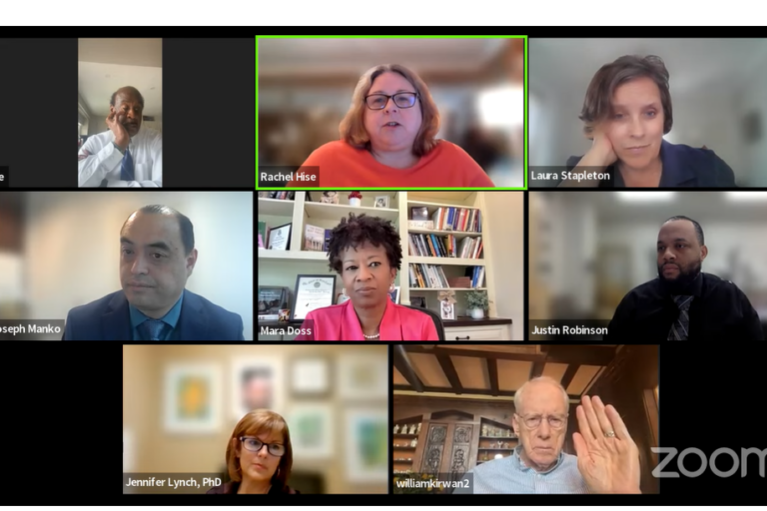
Being a temporary expat in Croatia, I watched Gov. Larry Hogan’s news conference via Facebook Live Broadcast this week, when he announced the postponement of the state’s April 28 primary to June 2. Through an interpreter for the deaf, the governor said, “I have two main priorities, keeping Marylanders safe and protecting their constitutional right to vote.”
Hogan also mentioned he had instructed the State Board of Elections to hold the April 28 special election for the 7th Congressional District seat via vote-by-mail ballots only.
Meanwhile, the state board reminded voters that the state offered “no excuse” absentee voting.
NEW OPTION! No-excuse absentee ballot for Maryland voters
In 2018, Maryland joined 29 states plus Washington, D.C., to have “no-excuse” absentee voting, which means anyone who wants a mailed-out ballot can get one. Now you are no longer required to offer an excuse, such as being out of town on Election Day or having a disability or illness.
Back in the early 2000s, I had to tell the county election office why I couldn’t vote — that I had my child with me that day since Election Day is a state holiday (a no-school day.)
Voting by mail?
I voted by mail while I lived in Washington state for four years (2012-16). Washington (2011) is one of four states that conduct all elections by mail, along with Oregon, which adopted it in 2000, Colorado (2013), and Hawaii (beginning with the 2020 primary election).
At first, I thought voting by mail was an excellent option for the following reasons: 1) I did not have to give an explanation to a local election board; 2) I did not stand in a long, long line to cast my vote at a local polling place; and 3) I knew that my preferred candidates were still on the ballot. But …
Potential for fraud or coercion?
Back in Washington, I asked a deaf friend whether her deaf estranged husband working in South Korea with the U.S. Department of Defense would vote by absentee ballot. She replied that she cast a vote for him.
In 2005, one Washingtonian admitted he cast a ballot for his recently-deceased wife in the 2004 general election. He pleaded guilty to voting twice in an election.
In 2010, another Washingtonian was convicted of illegal registration in the wrong county, absentee ballot fraud, and illegal double voting in the 2008 general election. She submitted a ballot for her son, who was a convicted felon and ineligible to vote. And so on!
As a former vote-by-mail advocate who later became the director of the No Vote By Mail Project, Gentry Lange of Seattle, explained in his website:
“I recall casting my ballot (by dropping it in the outgoing mail of my girlfriend’s apartment in Seattle where I was staying), a full day before the election. But oddly, they didn’t get it in time. I guess that in many apartment buildings, outgoing mail isn’t routinely checked. So my mistake was in trusting the system. I should have dropped my ballot off at the post office, or directly at elections. But the system encourages you to follow your folly and toss it in the mail, so I tried it… and I failed.”
Audrey Kline, policy director of the National Vote at Home Institute, recently told StreetsBlog, “It’s 99.9-percent secure. If you reach into someone’s mailbox, fill out her ballot, sign it, and send it in, you’re going to get caught, and you’re going to be tried for mail fraud and voter fraud.”
To the question of whether vote-by-mail increases voter fraud, MIT Election Data and Science Lab responded, “There are two major features of Vote-by-Mail that raise these concerns. First, the ballot is cast outside the public eye, and thus the opportunities for coercion and voter impersonation are greater. Second, the transmission path for VBM ballots is not as secure as traditional in-person ballots. These concerns relate both to ballots being intercepted and ballots being requested without the voter’s permission.”
Advice!
As a strong supporter of vote-by-mail, I am giving you this friendly advice:
- Don’t cast a vote on another person’s voting ballot! Or you will face a fine.
-
Don’t hand your ballot to another person; please drop it into a secure mailbox yourself or drop off it in a designated secure drop box by yourself. Or your vote might be wasted.
-
Please don’t lick your absentee ballot envelope, but instead, use a wet sponge or cloth to seal them.
-
If you’re feeling nostalgic, you can wait until Election Day for mailing it or dropping off it.
If you prefer to vote from your home, you can request an absentee ballot, and you can submit a request online by visiting https://www.elections.maryland.gov and clicking the “Request a Ballot” box or obtaining a request form from elections.maryland.gov/voting/absentee.html
— HOWARD LEE GORRELL
The writer was an election statistician in the 1970s for the National Republican Congressional Committee, helping conform redistricting maps to voting patterns. He served as a precinct and electoral analyst for the Republican National Committee, and as a research assistant for the Congressional Research Service at the Library of Congress, analyzing election results.




 Creative Commons Attribution
Creative Commons Attribution